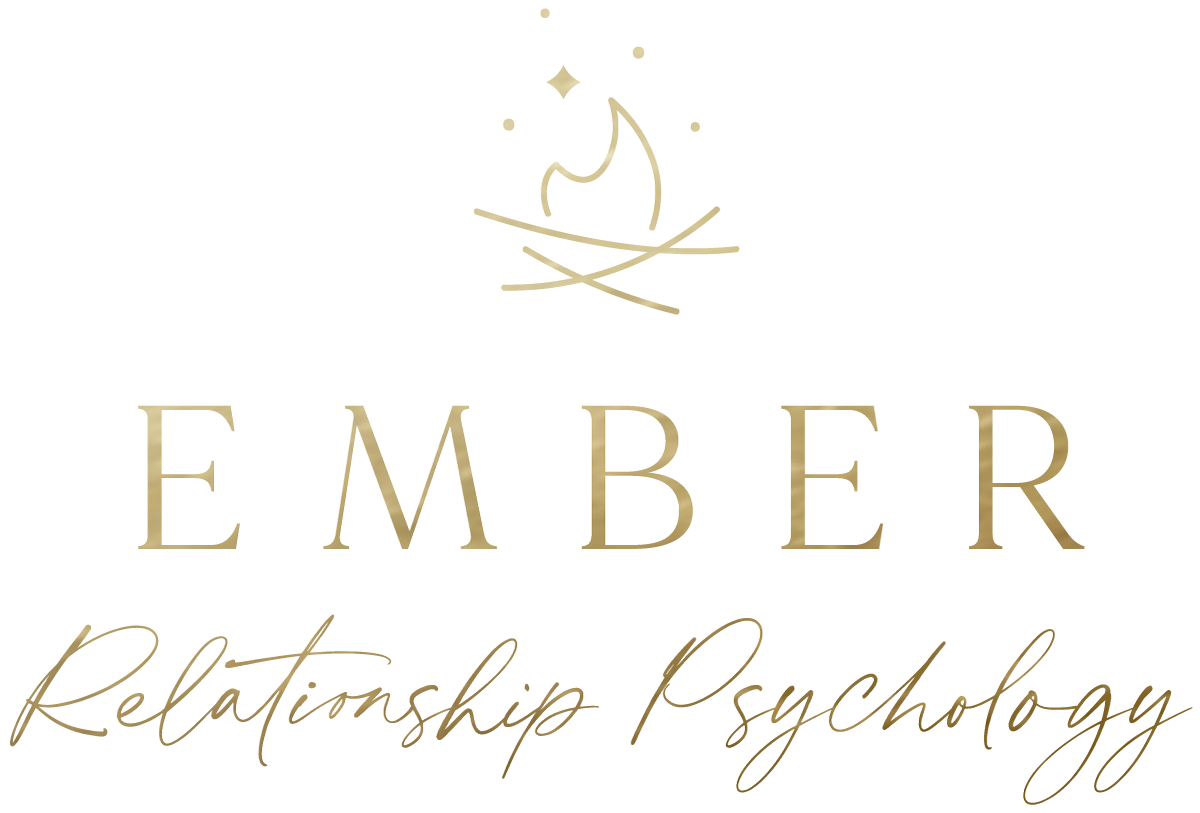6 Steps to Rebuild Your Relationship After Infidelity
by Amber Dalsin, M.Sc., C.Psych.
Infidelity turns your world upside down in a flash. Everything you thought you knew is different.
The person you trusted with your heart has betrayed you. Blindsided, shocked, and angry, you struggle with how to move forwards.
You probably have many questions running through your mind like:
Why did they cheat on me?
Should I leave?
What does it say about me if I stay?
Is the affair over?
I know how hard it is after you’ve learned your partner was unfaithful. This blog outlines 6 steps to help you and your partner begin to work through the aftermath of the infidelity. You can expect these beginning steps to take months.
Understand it will take time
If you’ve wondered “how long will it take to heal after an affair?”, unfortunately, there is no clear-cut answer. How long it takes to heal depends on how you found out, if your partner was honest, if the affair ended promptly, how much remorse your partner showed, and what your partner does to rebuild trust. Affairs shatter trust and commitment that took years to build. To rebuild a relationship takes thousands of trustworthy interactions to reconstruct a safe relationship.
Time does not heal all wounds. What you do with your time is what heals the wounds (Hay & Kessler, 2014).
Atone
Remorse, responsibility, and honesty are the key components. The partner who had the affair will help heal the relationship if they continuously and repeatedly express genuine remorse, take responsibility for their choice to go outside of the relationship, share truthfully about questions (avoiding sexual content), and find ways to help rebuild trust in a transparent way (Gottman & Silver, 2012).
Verification
Create a verification system to clarify betrayal is over. Rebuilding trust is critical. Without verification of truth, distrust usually becomes a repeated and conflictual issue. The person who had the affair should provide full access to whatever the hurt partner needs to feel they know the affair is over, and no further betrayal is happening.
Listen
The pain and anger may be hard to hear, but listening is the first step to reconnecting in the relationship. The partner who had the affair needs to remember that it's like a grenade just went off in the relationship. It makes sense the hurt partner needs to express their thoughts and feelings about the bomb, repeatedly.
Avoid Discussion of Sexual Content
The hurt partner should have control of what questions they want to ask, and when. They should avoid sexual content. Hearing about sexual content often causes unwanted and disturbing images in the mind that lead to flashbacks (Gottman & Silver, 2012). Instead ask questions such as:
why them?
did you love them?
is it over?
what are your reasons for wanting to return back to our committed relationship?
Discuss Emotions
Emotions running amok can lead to criticism and blame. Both the hurt partner and the partner who had the affair need to take responsibility for how they speak to each other, regardless of past indiscretions. When the desire to criticize or blame creeps in, rephrase what you want to say in the following format: "I feel____ about what _____, and I need ______." (Gottman & Silver, 2012).
When More Help Is Needed
There is so much wreckage to clean up after infidelity. Like after a hurricane it takes time, and a community. If you and your partner are struggling to talk and listen to each other, are having a hard time expressing your feelings, or you don’t know how to set up systems that build trust, reach out to a couple’s therapist with experience in infidelity in your local area for help.
References
Gottman, J., & Silver, N. (2012). What makes love last?: How to build trust and avoid betrayal. Simon & Schuster Paperbacks.
Hay, L. L., & Kessler, D. (2014). You can heal your heart. Hay House, Inc.
This blog is not meant to be a substitute for couples therapy or relationship counselling. This should not be construed as specific advice. See a relationship therapist in your area to address your specific problems.


